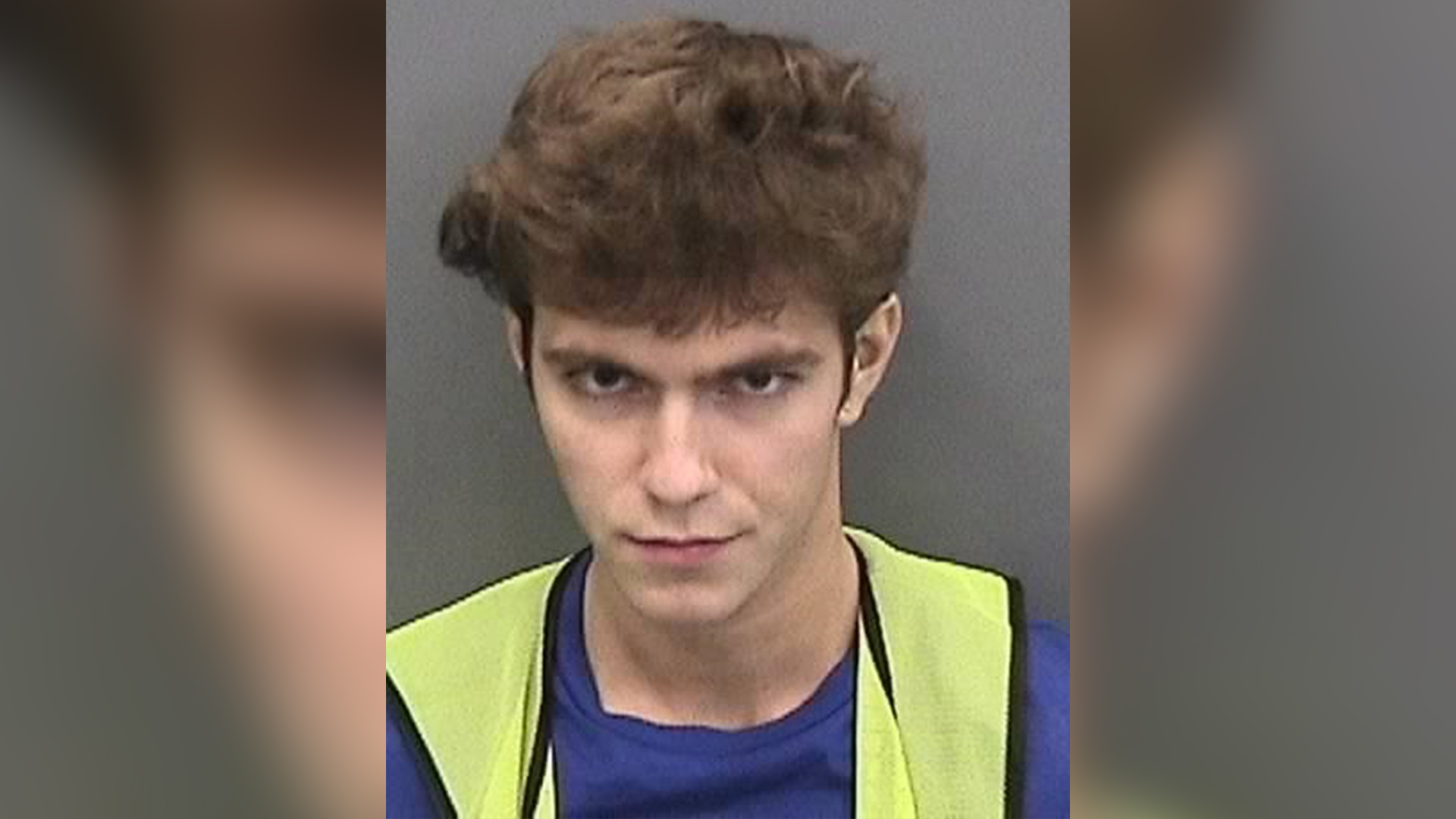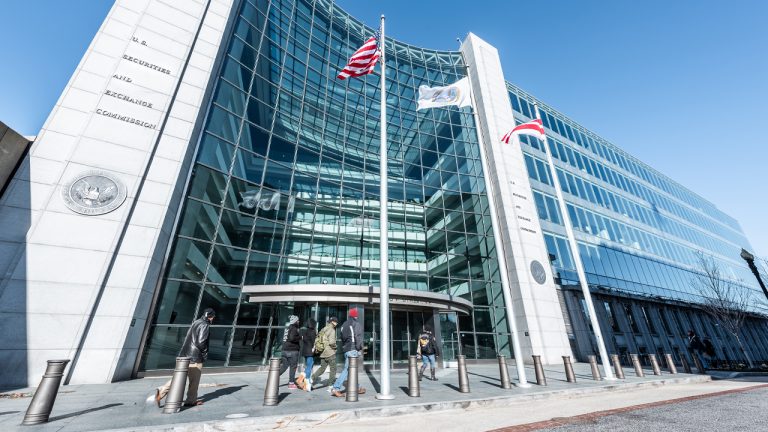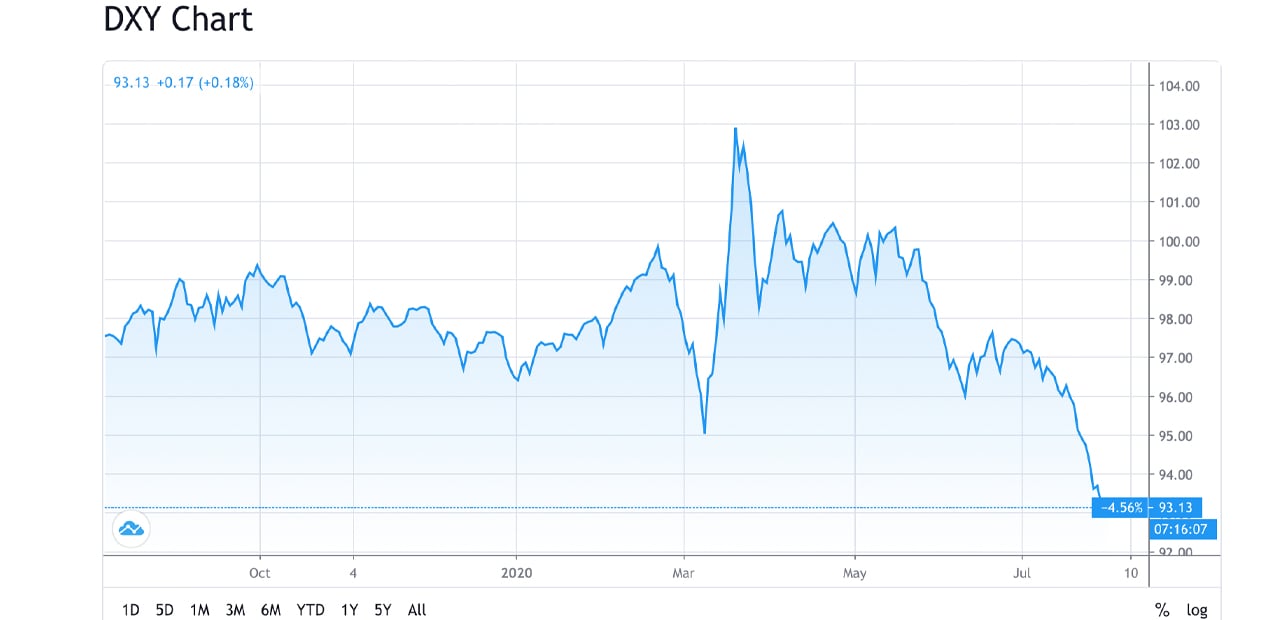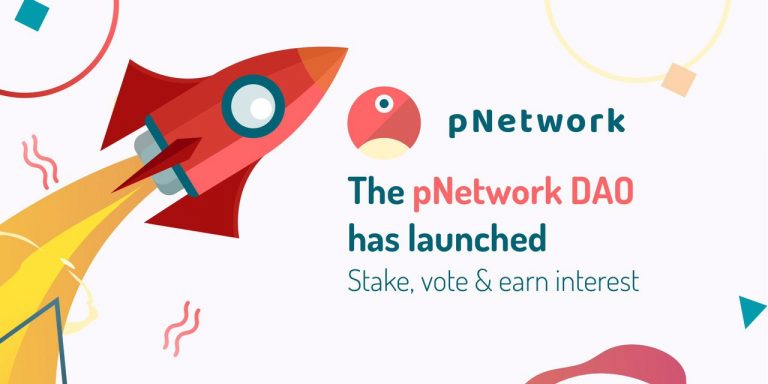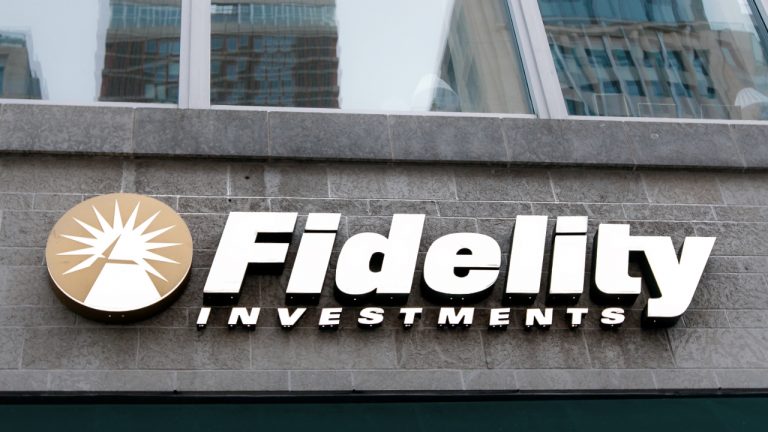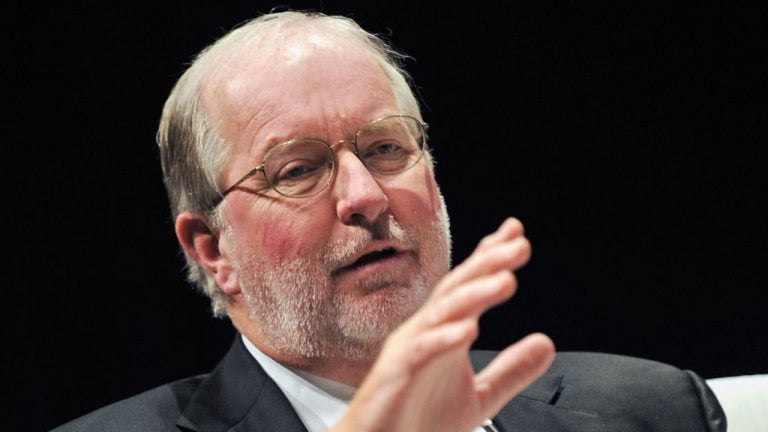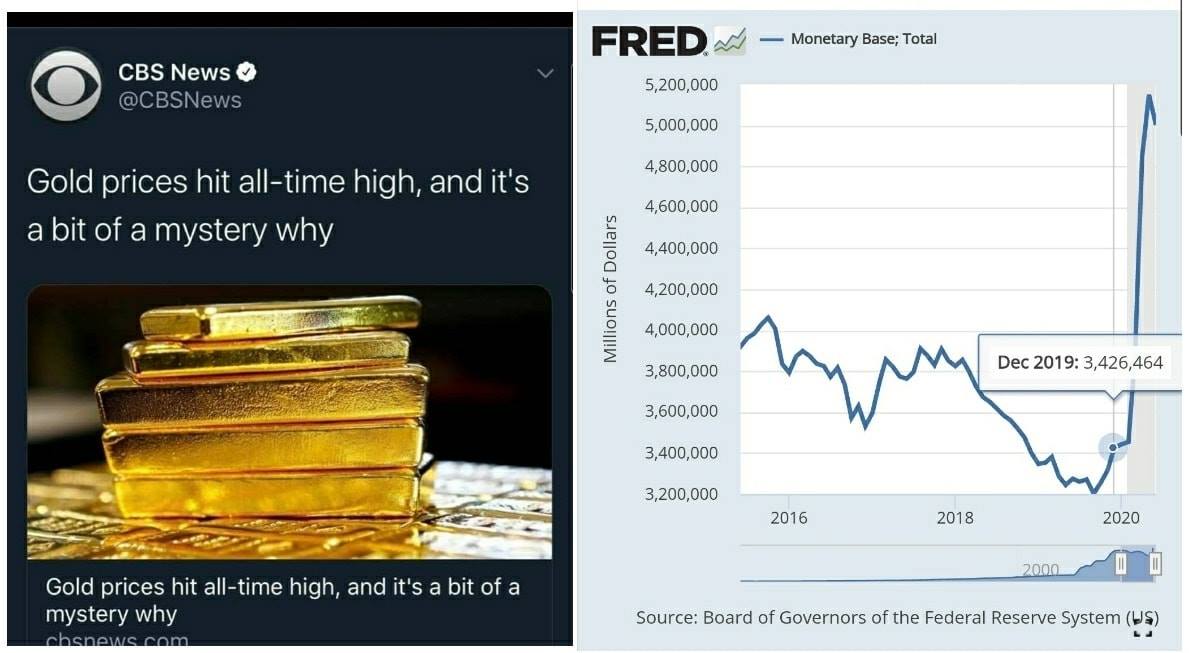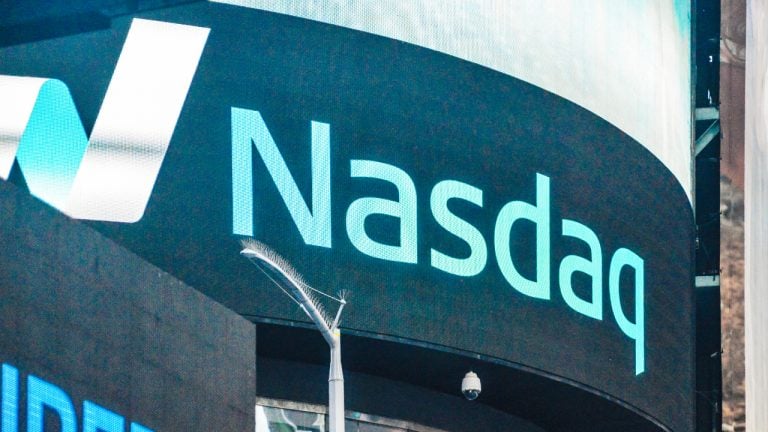
When it comes to Switzerland, first of all, people have associations with first-class chocolate, delicious cheese, the most precise watches, multi-purpose knives and, of course, a safe place to keep money.
New Way of Holding Assets in Switzerland
Since the dawn of time Switzerland has been a banking paradise attracting more and more people, who want to keep their money in the country. With the growing popularity of cryptocurrencies, Switzerland has decided to enter the list of advanced countries, taking an extremely friendly position regarding digital currencies because of their great potential.
It can be considered the most favourable jurisdiction for blockchain-oriented businesses at the moment. It is all caused by advanced legislation, quite low tax rates, high standard level of privacy and a developed banking industry.
One of the country’s administrative centres in Zug even has its own ‘crypto valley’, named Crypto Valley Association, which task is to create the most modern blockchain-ecosystems. Zug is a home for many companies in the cryptocurrency industry, fintech and blockchain startups, popular organizations including, for example, the Tezos Foundation (ticker XTZ). The headquarters of the world’s second cryptocurrency Ethereum is also located there.
The administrative centre attracts an increasing number of tech startups, making it one of the best locations for doing business with digital currencies. The only disadvantage is a costly and time-consuming creation process of the companies’ legal infrastructure.
Ethereum blockchain is one of the most popular blockchain applications and protocols implemented in Switzerland. Ethereum is a public platform that includes an open source blockchain-based distributed computing ledger and smart contract functionality. The network is implemented as a single decentralized computing machine that works being supplemented simultaneously with the help of millions of devices around the world.
Now Simba.Storage has joined the race to achieve the best quality in doing business in this country.
Industries in Switzerland investing in blockchain.

Switzerland not only supports cryptocurrency organizations providing them with all the necessary comfortable conditions, but also actively invests in new technologies within the country. It is interesting that in Switzerland almost every bank offers to open a cryptocurrency account or link your wallet to your account. In many cantons (‘Swiss states’ similar to those in the USA), BTC, ETH, USDT and other cryptocurrencies are accepted for payment for goods and services, it is even possible to pay phone and Internet bills, taxes and government payments.
The banking sector invests in one of the most important blockchain protocols, the R3 Corda platform, which improves the trade finance process. Swiss banks are very interested in integrating blockchain innovations into their business models, forging partnerships with blockchain development companies and acquiring such companies (including crowdfunding platforms). The majority of banks, including the private ones, have created their own inner innovation departments to follow new technological developments.
For the companies in the FMCG industry, one of the most important projects is the Komgo blockchain. This platform facilitates standby letters of credit and discounting of receivables and KYC (customer identification) procedures.
These are just a few examples of blockchain implementation options in Switzerland. DLT or a distributed ledger technology is also used in real estate, insurance, supply chain management and government agencies dealing with digital signatures in many companies in the country.
How cryptocurrencies are defined and regulated in Switzerland.

Switzerland does not have a large number of special laws applicable to cryptocurrencies, but there is a fairly large number of documents regulating the definition of certain specific digital assets by their ownership (utility, security, payment, stable), in addition, there are two guides on initial coin offering and initial token offering (ICO and ITO), which were issued by the Swiss Financial Market Supervisory Authority (FINMA), the main regulatory body that carefully analyses all projects on the market, and for this reason, it takes a long time to get a license. Thus, Simba.Storage is not an exception.
Trading platforms and cryptocurrency exchanges must comply with certain rules and are subject to money laundering laws. Such platforms must necessarily identify a buyer of the tokens, a beneficial owner of the tokens (if different from the buyer) and ensure that the funds, used to purchase the tokens, are not the proceeds of a crime.
Holding assets in Switzerland and Liechtenstein.

Storing funds in Switzerland has always been associated with reliability, security and anonymity. This fact especially attracted people who had really large funds and did not want to disclose information about it.
It is important to pay attention to the fact, that these are not innovative technologies which guarantee the safety of your funds, but actually how developed and rich the country is in all areas.
The same applies to Liechtenstein, as this microstate borders with Switzerland and the border is almost invisible, which is quite typical for Europe. The national currency of this country is the Swiss Franc.
An unblemished reputation and a high level of anonymity together with a highly developed financial sector provide a similar confidence in money storage in the country as well as in Switzerland.
Companies that are registered in Liechtenstein are able to open accounts not only in local banks, but also in the banks of Switzerland.
This is one of the reason why Simba.Storage places its cold storage in this country.
Let’s consider just a few aspects that significantly influence the choice of where to store money:
- The Swiss have one of the richest privacy cultures in the world and the first bank secrecy law dates back to 1713. The current data protection laws are one of the strictest in the world;
- Switzerland is ranked first position in the world for competitiveness and productivity which are key drivers of economic growth and the quality of life;
- Switzerland has the world’s leading infrastructure in the fields of energy, transport, telecommunications, financial services, education, healthcare, environment, safety and technological innovations;
- Switzerland implements sound economic policies, including a strong currency with by far the highest gold reserves per capita among other countries and the world’s highest GDP per capita. That is why, together with Simba, you will get a Swiss bank in your pocket.
The list goes on, but the above mentioned factors already show that it is not the country, where high-rank officials from law enforcement agencies, interested in your funds, will decide to ‘borrow’ your funds and ‘temporarily isolate you’ from society due to a questionable reason. Besides, when talking about Switzerland and Liechtenstein, naturally there are no thoughts about criminals who can break into a bank wearing masks, or about hackers who can get an access to your digital assets.
Together with the development of modern technologies in these countries, the storage of cryptocurrencies can now also be classified as areas in which they have succeeded and become leaders. Swiss-based digital asset vaults offer the highest degree of protection and guarantee that your funds are safe and secure.
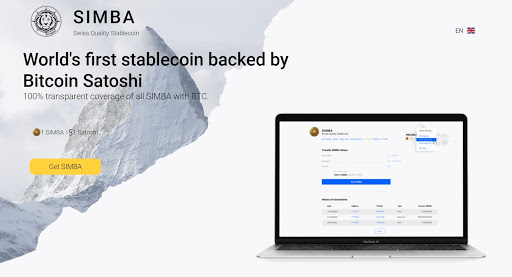
For example, Simba.Storage based in Switzerland and Lichtenstein offer cold storage services to customers storing Bitcoins on hardware wallets that are completely protected from hacking. Modern customer identification technologies (KYC) will allow to restore access to users’ funds remotely, in case they accidentally lose their login information.
Also, all customers of this storage, in exchange for the bitcoins kept for storage, receive SIMBA stablecoins (token of the ERC-20 standard), backed by BTC (1 SIMBA = 1 satoshi). These tokens can be used for everyday payments, and they are an additional safety guarantee of your Bitcoins.
Such an approach to storage can be called a standard and taking it as an example, one can judge by other cryptocurrency storages.
Website – https://simba.storage
Telegram – https://t.me/simbastorage
This is a sponsored post. Learn more on how to reach our audience here. Read disclaimer below.
The post Stablecoin Cold Storage Backed by Satoshis – Simba is a New Way of Holding Assets in Switzerland appeared first on Bitcoin News.
via
Bitcoin.com PR


